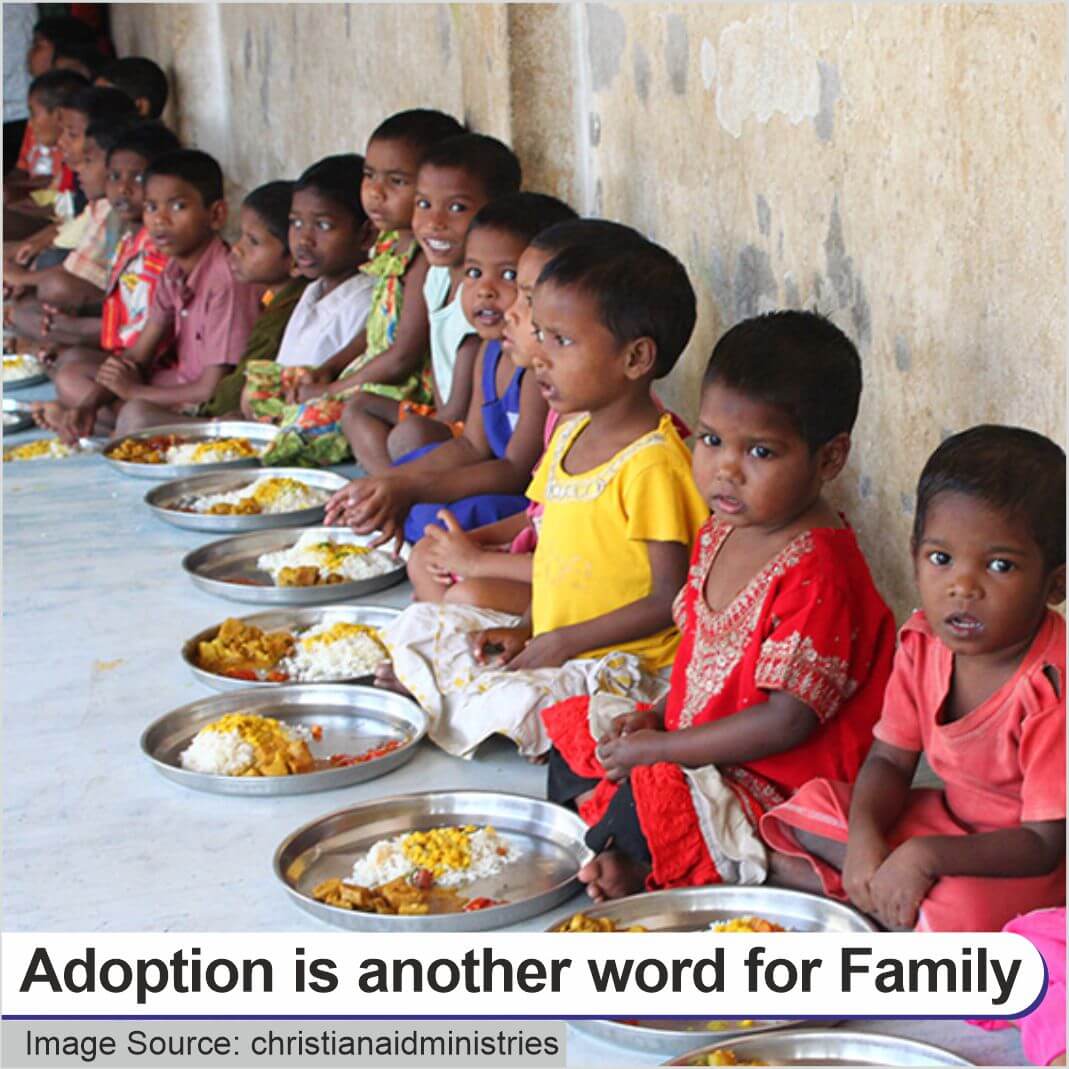A Child Care Institution (CCI), commonly known as an orphanage, as defined under the Juvenile Justice Act, 2015, means Children’s Home, Open Shelter, Observation Home, Special Home, Place of Safety, Specialised Adoption Agency and a Fit Facility recognized under the Act for providing care and protection to children, who need such services. Children in conflict with the law are provided residential care and protection in Observation Homes, Special Homes, and Places of Safety.
An Observation Home is meant for every child, alleged to be in conflict with the law, who is not placed under the charge of a parent or guardian. Special Homes are for rehabilitation of those children in conflict with the law who are found to have committed an offense and who are placed there by an order of the Juvenile Justice Board. The purpose of the Place of Safety is to place a person above the age of eighteen years or a child in conflict with the law, who is between the age of sixteen to eighteen years and is accused of or convicted for committing a heinous offense.
According to the United Nations Children’s Fund (UNICEF), India has approximately 30 million orphaned and abandoned children. SOS Children Village conducted a study in 2011 and concluded that orphans in the country equal 4% of India’s child population. However, disconcerting figures provided by Childline India Foundation (CIF) supported by the Women and Child Development Ministry showed that in 2017, of these 30 million children (which is most likely an under-reported figure), there were only 470,000 children in institutionalized care. Institutional care is provided within a clusteredliving environment designed to meet the functional, medical, personal, social, and housing needs of individuals who have physical, mental, and/or developmental disabilities. And of these roughly half a million children, only a fraction finds its way into family care because adoption rates in India are abysmally low. (Business Standard, 2018)
COVID-19 and Orphaned Children
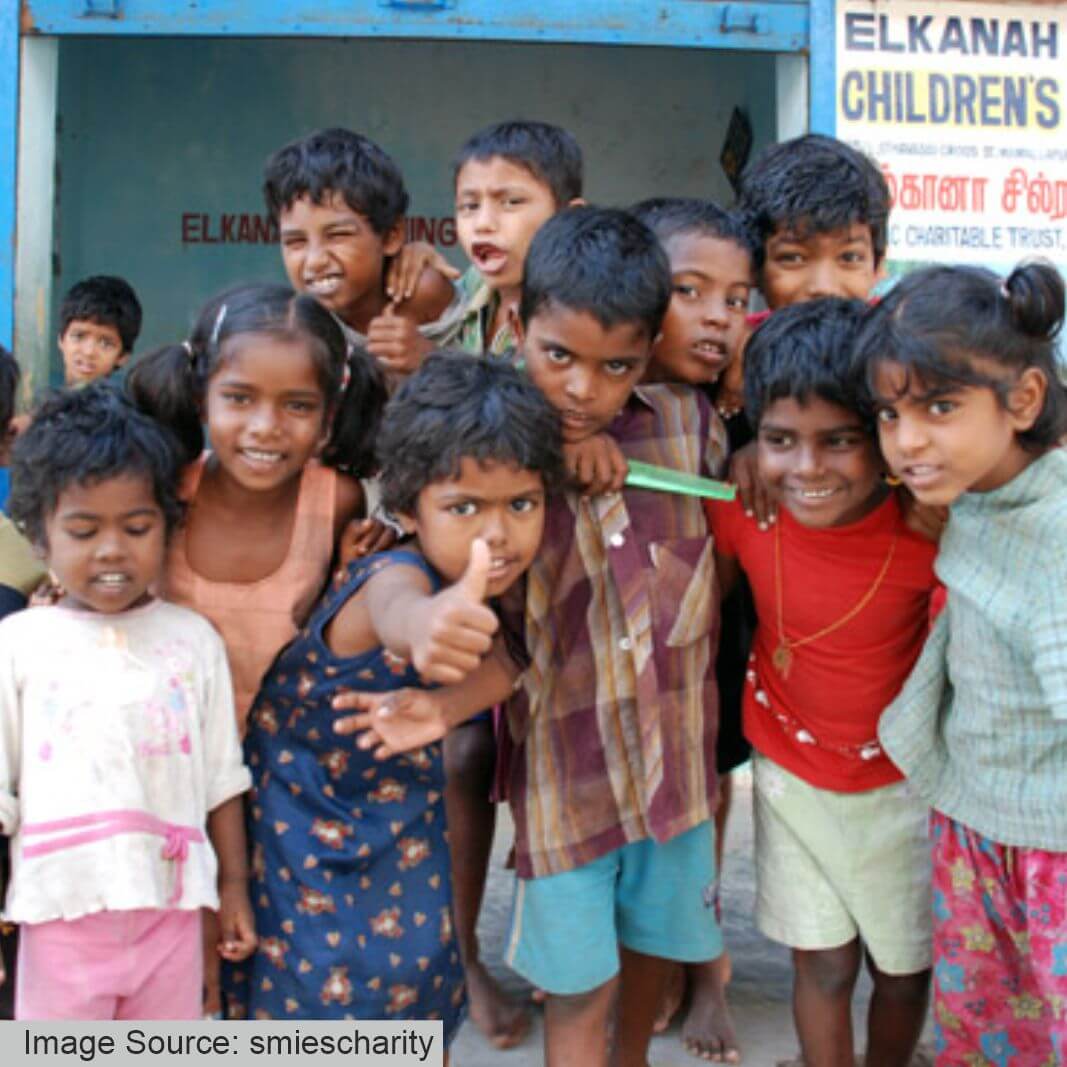
About 50% of the children in Child Care Institutes (CCI)s come from families that are unable to take care of them due to their financial situation. The ongoing pandemic is expected to push many families deeper into poverty, which would lead to a rise in this number.
Globally, the United Nations estimates that 42-66 million children could fall into extreme poverty as a result of the crisis this year, adding to the estimated 386 million children who were already in extreme poverty in 2019. Besides, the pandemic will lead to more children dropping out of school and being exposed to child labor, trafficking, and abuse. India's adoption rates are low - just 3,351 children were adopted in the year to March 2020, while tens of thousands were orphaned. By comparison, more than 66,000 children were adopted in the US in 2019.
According to India’s Juvenile Justice (Care and Protection of Children) Act, 2015, a child orphaned due to the loss of both parents can be placed in foster care with extended family or in group foster care. The child can also be put up for adoption or sent to child care institutions run by both the government and NGOs until they are 18 years old. If relatives decide to take care of the child, a background check is done with the assistance of the Child Welfare Committee.
On 29th March 2020, the National Commission for Protection of Child Rights (NCPCR) issued an advisory regarding the care and protection of children moving with migrant families, children living on the streets, and those in CCIs.
In April and May 2021, the second wave of the virus overwhelmed hospitals in India and killed nearly 1,70,000 Indians according to official statistics. Experts believe the true figure is far higher. Across the country, more than 3,600 children have been orphaned as a result of covid and other causes since the start of the pandemic, according to an affidavit filed this month by the National Commission for Protection of Child Rights. (Washington Post, 2021)
In May 2021, Prime Minister Narendra Modi also announced measures to help orphaned children. PM CARES Fund will contribute through a special scheme, a corpus of Rs 10 lakh for each child to fund education, till the child becomes an adult at the age of 18. On reaching the age of 23, the grown-up will get the entire corpus amount in one lump sum for personal or professional use. For orphans under 10 years of age, the child will be given admission to the nearest Kendriya Vidyalaya or a private school as a day scholar. The Fund will pay for the child’s fees, uniform, and books. For children between 11 to 18 years, the child will be given admission to any Central government school like Navodaya Vidyalaya or Sainik School. For higher education, the child will be assisted in getting education loans, and interest on this loan will be paid for by the Fund.
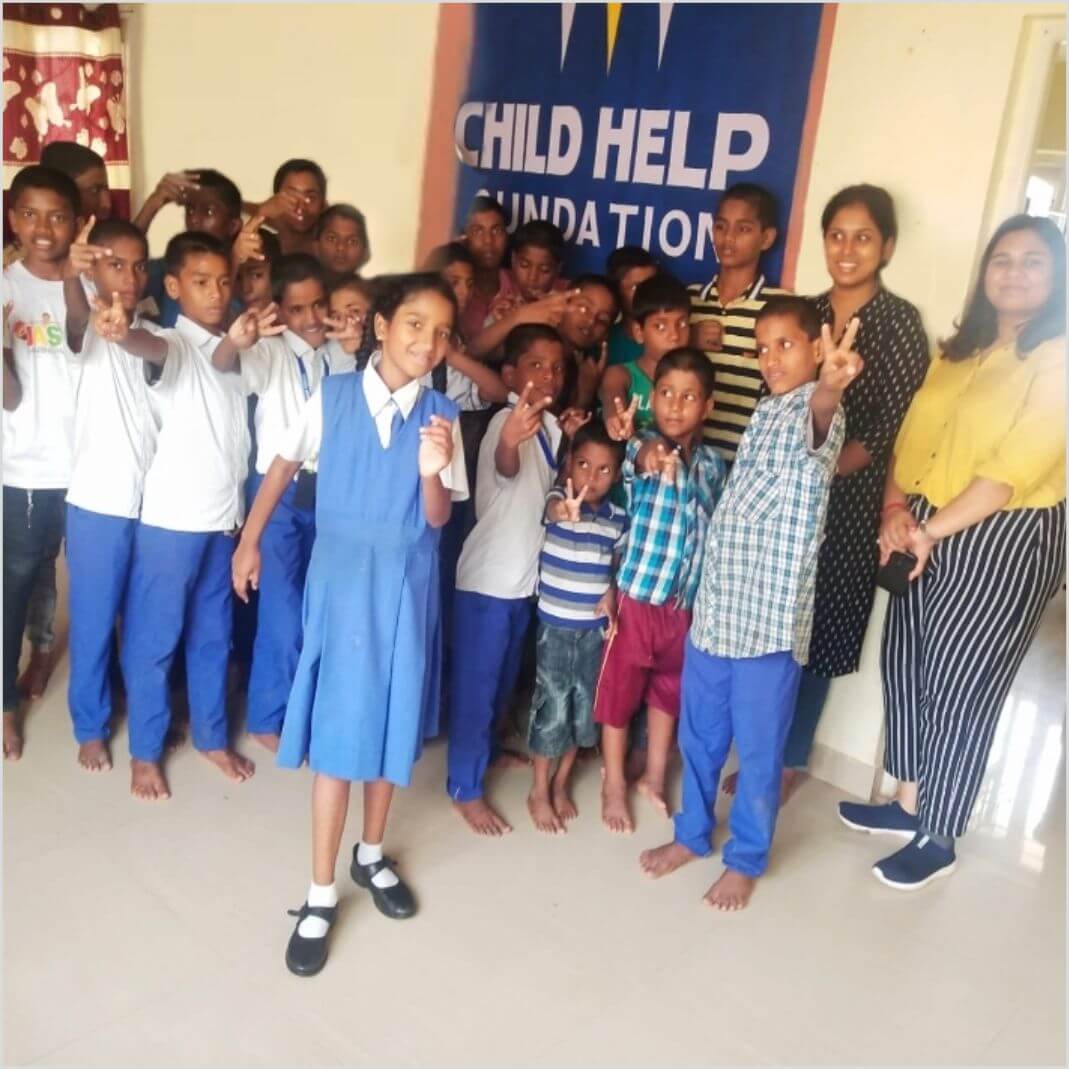
CCIs tied up with CHF
Child Help Foundation (CHF), a non-profit organization with headquarters in Mumbai, has been working on a pan-India level, towards the achievement of Sustainable development Goals (SDGs) set by the United Nations (UN). In the year 2020-2021, CHF transformed the lives of more than 800 underprivileged children by ensuring inclusive and quality education through our Education Support Programme. We aim to uplift the children and make them good, responsible, and healthy citizens.CHF has tied up with multiple CCIs throughout the country. These CCIs cater to orphans, most of whom belong to poor families. We extend support to the CCIs to create educational opportunities for the children. Primary education is a must and every child must have access to that.
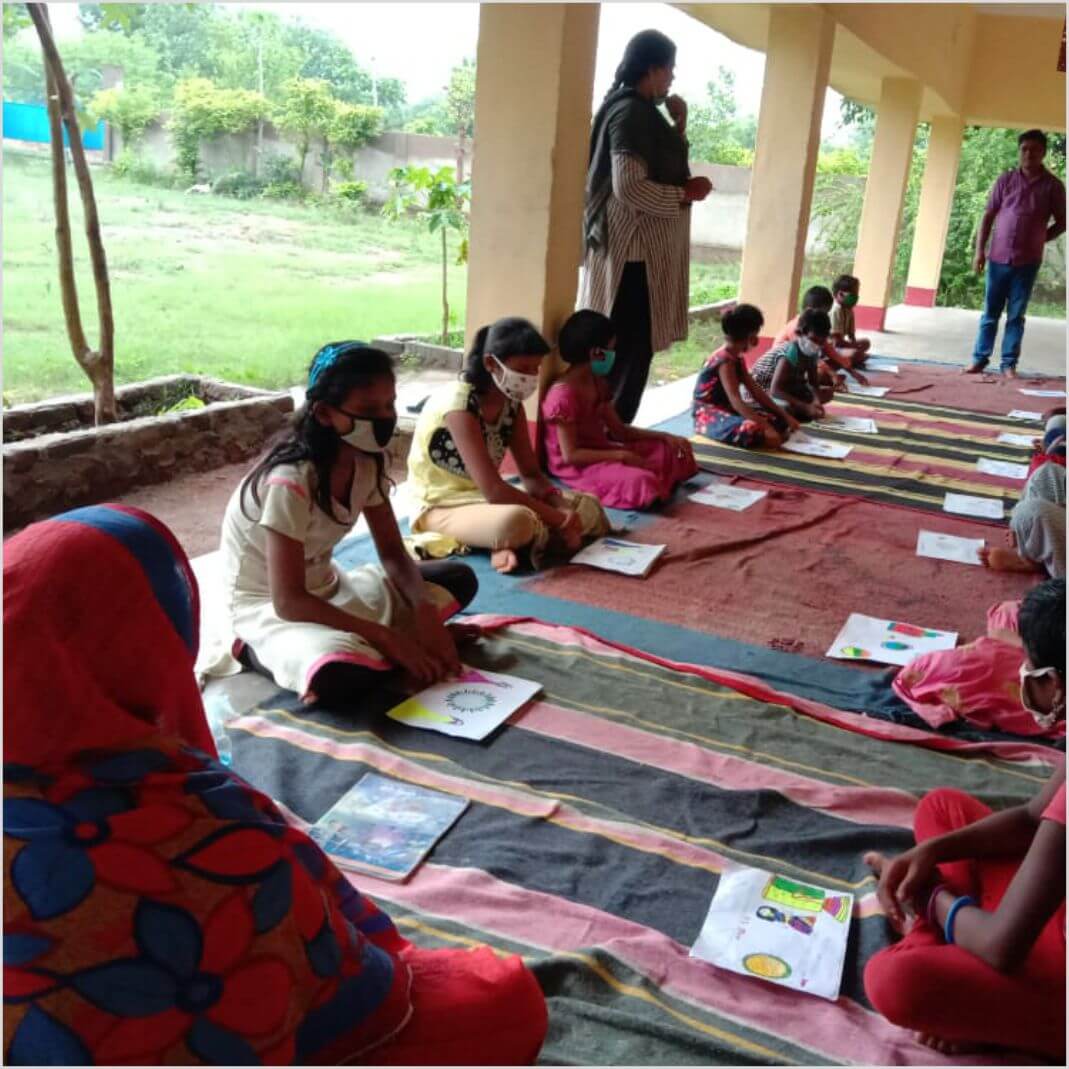
We believe that education is one of the most important aspects of development for an individual, which in turn results in the nation's development. CHF has been involved in the noble cause of providing primary education at the grassroots level to the economically backward sections of society. We have supported the education of 812 children through our 11 Child Care Institutions (CCIs) across the country.
In the past year, we have conducted a number of activities for children across these CCIs. There were special day celebrations like Teachers day, Women’s Day, Republic Day, and Independence Day amongst many others. Several educational and fun activities like drawing competitions, dance competitions, and elocution competitions were also conducted. The CCIs had also organized a few sessions to raise awareness in children about social evils like early child marriages, the importance of child safety education, and counseling sessions to promote mental health.
One of our ongoing projects involves imparting knowledge about the basics of the English language among these underprivileged children. Ericsson India Pvt. Ltd., in collaboration with Goodera, is building English lessons, which would be given to the children living in the CCIs that have a tie-up with CHF. Through these efforts, we intend to develop language skills among the children.
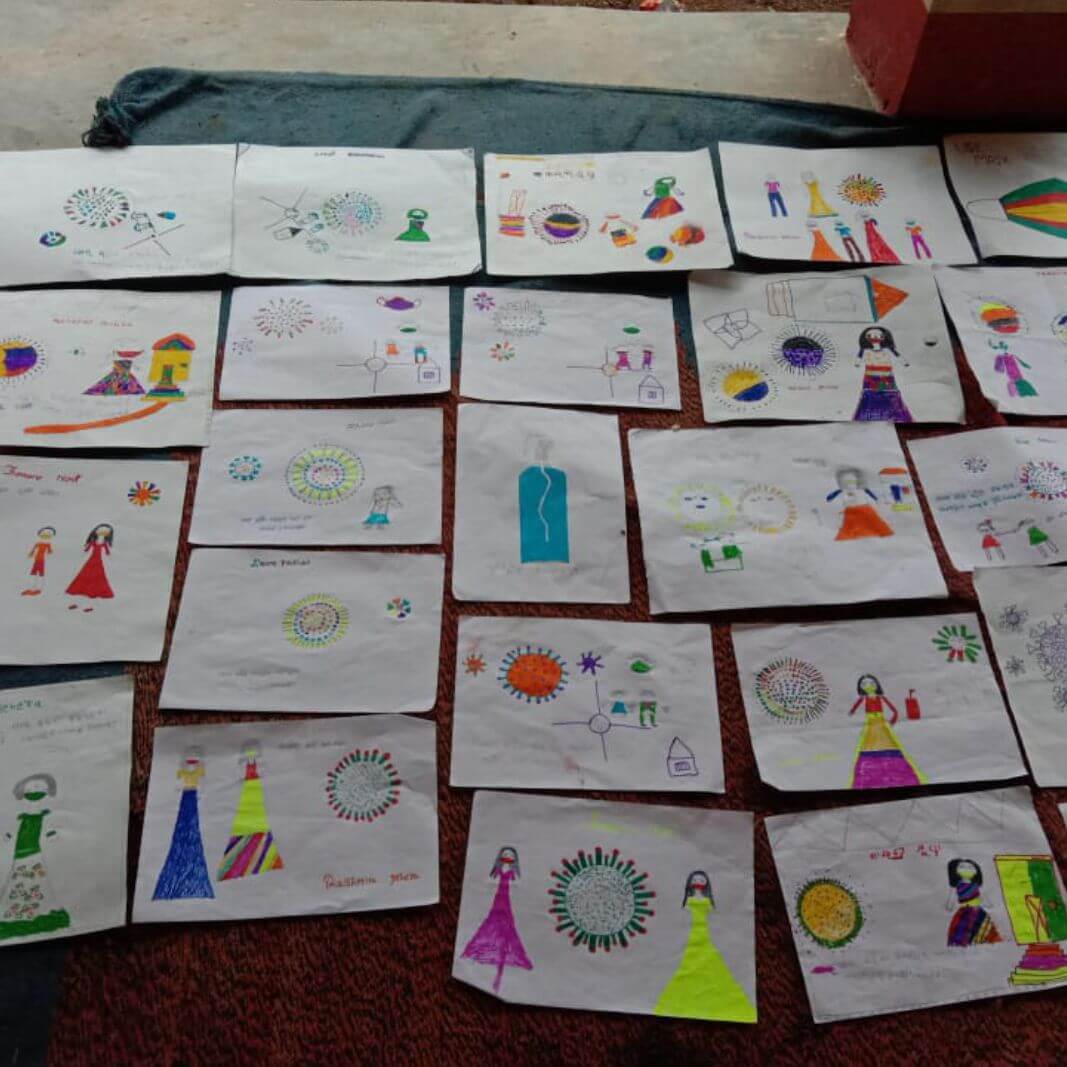
As seen in various reports, adoption rates in India have always been low. The pandemic has aggravated this to a large extent. Children on the streets, asking for alms or selling some products, are a common sight on the streets of the country. The approach to adoption, in our country, is very parent-centric, but parents need to make it child-centric. Most Indian parents also want a child between zero- and two-years-old, because they believe the parent-child bond is created during infancy.
These institutional stigmas are creating monumental problems in these orphans’ lives. Throughout their lives, they hope to find a home and a family to love them. As responsible citizens, living in a developing country, it is we, as a society, who can find loving homes for these children who are living an unfortunate life. If you are or know someone who is looking to adopt children, get in touch with Child Care Institutions.
“Adopting One Child might not change the World: but for that child, the World will Change”. - Unknown
